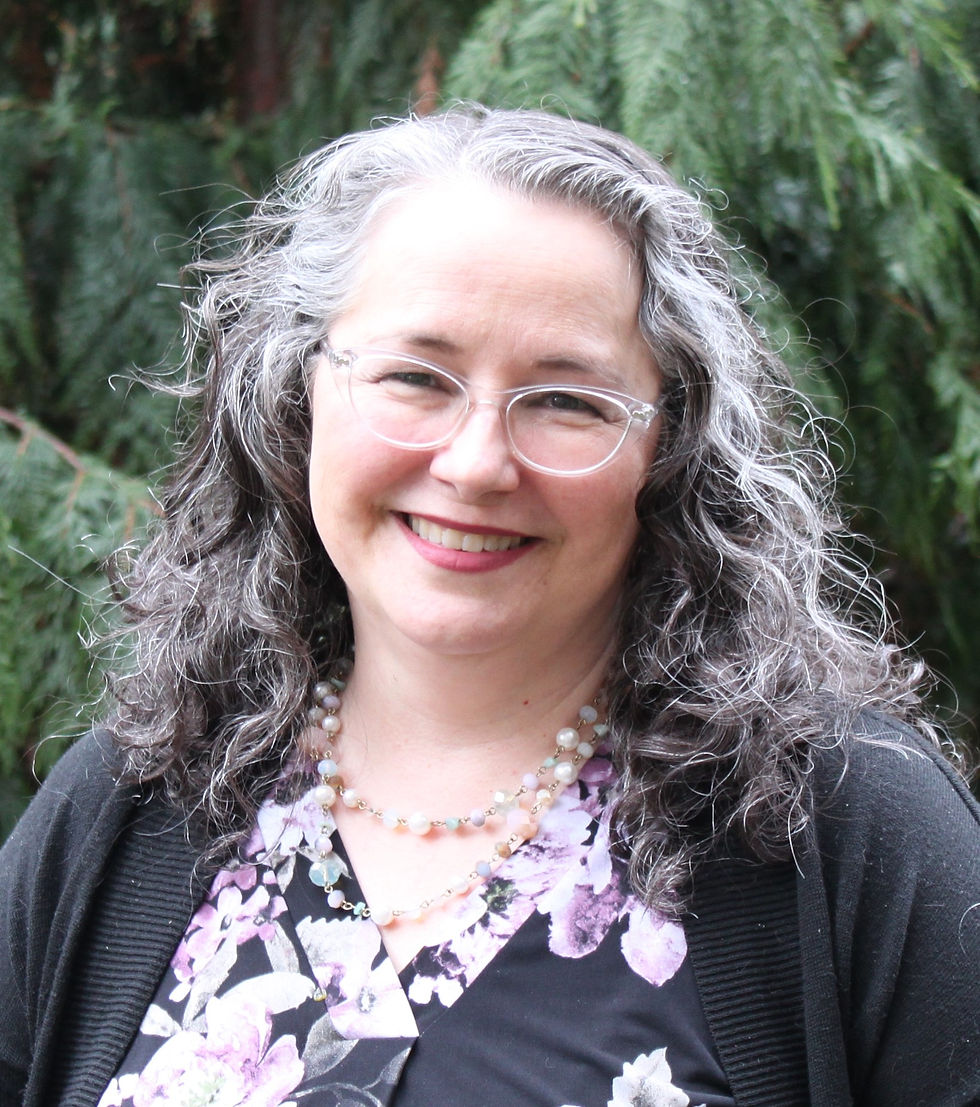Training and Mentoring the Next Generation of Leaders
Solo
Private Practice:
-
You own your own business. You manage state and local business licenses, taxes, PLLC, etc.
-
You withhold and pay your own corporate taxes, in addition to your personal taxes.
-
You find and pay for your own health insurance.
-
Sick days are unpaid.
-
You do not get paid for parental leave.
-
You seek out a consult group and other opportunities to build community.
-
You cultivate referral sources from scratch.
-
You fully vet your disclosures and you make sure the tech you are using is HIPAA-compatible.
-
You do your own insurance billing.
-
You pay rent and furnish your office, including buying a computer.
-
You maintain your own professional license, CEU's, and professional malpractice insurance.
-
There is no CEU fund.
-
You own your business, so ultimately your income and satisfaction depends on your ability to manage clinical work, accounting, insurance billing, advertising, networking, and running a business.
Group Practice - Contractor:
-
You own your own business. You manage state and local business licenses, formation of a PLLC, etc.
-
You withhold and pay your own corporate taxes, in addition to your personal taxes.
-
You find and pay for your own health insurance.
-
Sick days are unpaid.
-
You do not get paid for parental leave.
-
Some contractor group practices offer a consult group, while others do not offer this.
-
The group often has established referral sources.
-
Entirely depends on the group. Some help with creating disclosures and others do not.
-
Group does your insurance billing.
-
Some contractor group practices charge rent and others do not.
-
You maintain your own professional license, CEU's, and professional malpractice insurance.
-
There is usually no CEU fund.
-
Contractor groups can be structured in a variety of ways, some more collaborative than others.
Catalyst Counseling (W2):
-
As an employee, you wouldn't need to own or manage your own business.
-
You would receive a W2. You would not need to manage tax withholdings.
-
Health insurance for full time staff.
-
You accrue sick time.
-
As an employee, you could be eligible for Washington's paid family leave if you meet their requirements for number of hours worked.
-
Catalyst offers a professional consultation group for building clinical skills and community. We also offer monthly trainings on issues impacting our clients.
-
Catalyst has established referral sources.
-
Catalyst provides attorney-vetted disclosures and HIPAA-compatible tech.
-
Catalyst does all insurance billing.
-
Catalyst does not charge rent. We provide desktop computers and Chromebooks.
-
Each employee maintains their own professional license, CEU's, and professional malpractice insurance.
-
There is a CEU fund, with the amount based on the number of clients seen.
-
Our mission is to provide excellent client care in a truly supportive environment. You focus on the clients, and Catalyst provides the rest.
Associate Training Program
At Catalyst Counseling, we're passionate about providing excellent training, nurturing talent, and empowering our associates to become future leaders in mental health care. We are very excited about our training program. We create an active collaborative culture by offering weekly opportunities for us to continue to grow as therapists and humans. We are a community of learners, and we believe in engaging through humility and curiosity.
Our All-Staff Training Rotation (Tuesdays at 1pm):
Week 1 - All staff consult
Week 2 - Clinical training - we bring in a subject matter expert to teach us about clinical issues
Week 3 - We offer the choice of attending one of our specialty case consult groups - neurodiversity, trauma, or couples counseling
Week 4 - We split these sessions. Half the sessions focus on building insight on a topic related to systemic oppression, and half the sessions are a book club cultivating a space to deepen learning.
Clinical Supervision
The primary function of our agency is to train clinicians in the craft of therapy. Our training program is for both associates and fully licensed clinicians. Licensed clinicians participate in the first year of cohort supervision under the associate contract then practice independently; associates participate until they accrue hours for licensure.
We have three years of clinical training. There is no obligation for clinicians to stay for all three years of the training program, but the vast majority of our participants do.
Year One - Foundational Year - meeting once a week in person in the office. Supervision will be a combination of case consultation and didactic training (see more below).
Year Two - Advanced Relational Year - meeting every other week online. Using the skills learned in the foundational year, we will be teaching more advanced relational skills. You don't have to see couples - this relational work will benefit individual therapy just as much. For this year, each cohort will work with either Katherine or Jennifer and an external supervisor, usually someone with a background in couples counseling or sex therapy.
Year Three - Specialized advanced training. Meeting once a month regarding the specialized content. Additionally, clinicians who still are associates will meet an additional time per month to do case consultation. We have two tracks for the third year.
Option 1 - Starting a Private Practice. We can walk you through how to start a private practice. This includes logistics of setting up a business, marketing, writing website copy, budgeting, long term planning, interacting with lawyers/risk management, insurance billing, and more. We will have guest speakers on many of these topics. Licensed clinicians will also be simultaneously going through the credentialing process. By the end of the training, you should be able to launch your practice and transition your clients with success and ease.
Option 2 - Supervisor Training. We start with a 5-hour initial training on legal and ethical issues around supervision. Then we meet monthly for training on the craft of supervision, including some guest lecturers by trusted supervisors in our community. Employees on this track would also participate in supporting our interns, which includes opportunities for co-therapy, didactic training of intern cohorts, and partnering with Jennifer or Katherine to co-supervise intern cohorts. By the end of this year, clinicians should have fulfilled all the education requirements for being a Washington State approved supervisor (and then they just need to wait until they have 2 years of full licensure). This track is also open to Catalyst alumni.
More on the content of the Foundational Year:
For the first year of supervision, we have created a robust training program. Two experienced clinical supervisors, Jennifer Kennett and Katherine Walter, share the role of supervising first year associates. Once a week, first year associates gather at the office and we do a combination of one-on-one and dyadic supervision.
Each cohort has three clinicians. We usually try to have a mix of disciplines (LSWAIC, LMFTA, LMHCA).
The August Cohort: Start date is the third week of August, with seeing clients starting the first week of September.
The February Cohort: Start date is the first week of February, with seeing clients starting the third week of February. (We do not always run a February cohort).
Because of our cohort model, these start dates are not flexible.*
*the only exception being associates on OPT with EAD cards that necessitate an earlier start.
The first year follows the following pattern:
Two weeks of onboarding
-
How to use SimplePractice
-
Intro to the office
-
Etc!
Then as we start to fill your caseload, we provide a more intensive training experience. Throughout the first year, we alternate between case consult and more didactic conversations on clinical issues. We discuss things like:
-
Neurobiology of Safety and Survival Planning
-
The Interpersonal Theory of Suicidality - how to address thwarted belongingness, perceived burdensomeness, and acquired capacity.
-
Intersections of identity and trauma geneology
-
Assessing for SUD, OCD, and ED
-
Pathological vs. Healthy Distress
-
Etc!
Our goal is to train clinicians to be confident and ethical practitioners, able to access the full scope of the opportunities our license and profession provides.
Education Director
Dr. Jennifer Kennett
PhD, LMHC, ACS

Jennifer's clinical focus is relationship health. She is a Level 3 Gottman-trained couples therapist. Read her full profile HERE.
Clinical Director
Katherine Walter
LICSW

Katherine's clinical focus is chronic and terminal illness, and working with elders. Read her full profile HERE.
